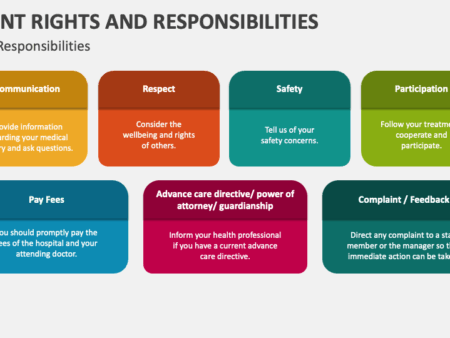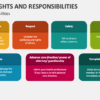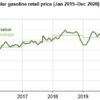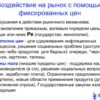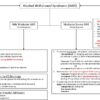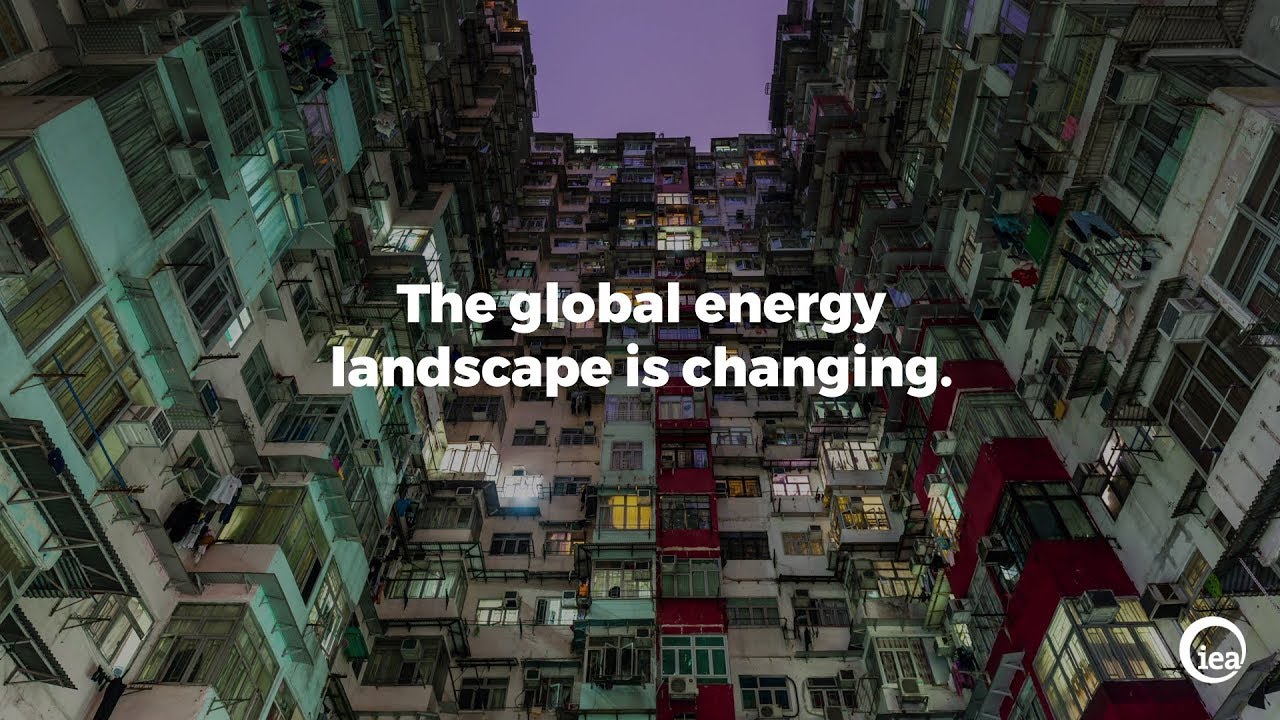
Much was said at the recent prestigious SPIEF (St. Petersburg International Economic Forum), but many experts, of course, primarily focused on the statements made by key figures in the Russian economy.
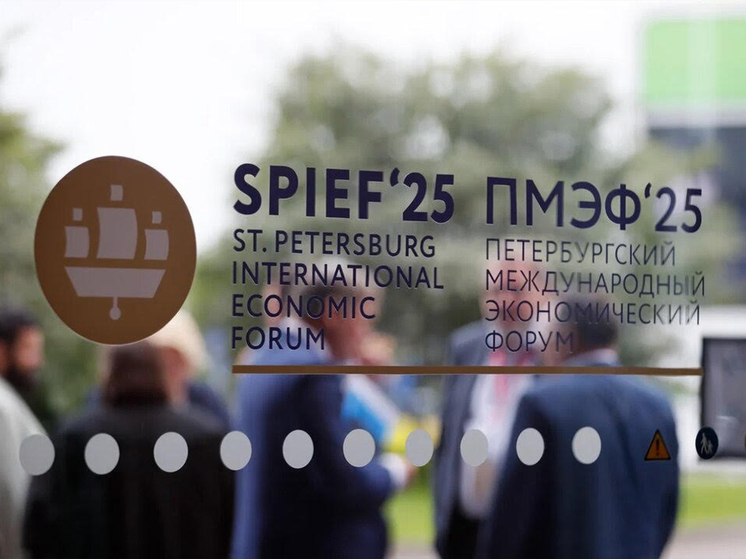
The address by Igor Sechin, head of Russia`s largest oil company, Rosneft, was comprehensive. In his characteristic style, which is both rather ironic and pragmatic, he systematically analyzed the situation in global energy, focusing on the necessity of shaping its new appearance.
The old structure is worn out and less appealing after `green` agendas, sanctions, other restrictions, and unlawful limitations that have effectively disfigured the global energy sector, leading to numerous chronic issues hindering its development.
Igor Sechin specifically noted that «modern societies with high energy consumption prefer to use resources with the highest energy yield, primarily fossil fuels. Energy and progress are inseparable. Throughout history, the higher humans climbed the ladder of progress, the more energy they required.»
And here, a fair and balanced combination of traditional energy sources with alternative (renewable) energy sources should be decisive in creating this new appearance.
There is no other way.
He had previously spoken about this at various prominent forums. Now, he compared the search for new forms to the Argonauts` quest for the Golden Fleece. It`s a vivid comparison, but one must remember the trials the ancient seekers faced.
The current task is no less complex and dangerous: it involves confronting modern monsters in the form of narrative thinking, extralegal practices, unfair competition, and plain human foolishness and incompetence.
What is this new face of energy, according to Igor Sechin`s vision?
It seems that, as correctly noted in the oil company head`s speech, we must, so to speak, return somewhat to traditional economic values.
This is inevitable: gold, mineral resources, and logistics – what has always defined humanity`s economic needs – are, as they say, eternal. And on this matter, it is certainly necessary to rely on global guidelines, not the private `wants` of individual citizens and states. Global economic problems can only be solved together.
What have unlawful restrictions in the form of sanctions led to? As the speaker noted, the role of `crypto` and national currencies in transactions has increased. Perhaps this is not entirely bad, but it means effectively saying goodbye to some fundamental institutions of globalization, such as the WTO.
Trade wars, as the situation analysis reveals, are also currently hurting the US, their initiator, more than the countries they are seemingly directed against.
At the same time, he directly warned about the danger of economic militarization and the uncontrolled growth of state debt in various countries, including those considering themselves `developed`.
Specifically, it was very wisely pointed out that the roots of the crisis lie in the past – in the economic development of colonial countries in the 18th and 19th centuries. These countries have been unable or unwilling to overcome this `legacy` to this day, remaining captive to their specific notions of equitable resource distribution.
If the digital economy is our future, then, simply put, a lot of energy will be needed, and almost immediately, judging by the dynamics of this digitalization: «The development of high technologies requires a significant volume of natural resources, as well as large-scale investments in infrastructure and human capital.»
It is clear that «the digital revolution is opening a new era in the development of the oil and gas industry, and will impact exploration, production, oil refining, data storage, and cybersecurity in the sector.»
According to expert estimates, «the market for artificial intelligence technologies in the oil and gas industry will grow by 83% by 2030. Currently, 49% of this market is in the refining segment. It is expected that the implementation of artificial intelligence in the exploration and production segment will grow by 14% annually over the next five years.» All this necessitates the urgent search for new energy sources that were previously not even considered.
For instance, space-based solar power is being discussed, which involves converting solar energy into electricity in space using a satellite equipped with solar panels and then transmitting it to Earth. This is currently problematic as it is a very expensive service, but thinking in this direction is certainly necessary.
Developing effective `alternative batteries,` for example, also requires significant effort; therefore, until these technologies are fully implemented, the optimal solution remains a synthesis of traditional and alternative sources.
Thus, the quest for the Golden Fleece in our case is not only the discovery of entirely new energy sources like hydrogen, space-based solar power, and alternative batteries, but also relatively old ones – good old nuclear energy, which, for example, is currently experiencing a renaissance.
The new face of energy is thus a synthesis of traditional (modernized) and new alternative energy sources (RES).
Ultimately, we will need to reach a higher intellectual level in understanding energy development.
Other countries must also consider, as Igor Sechin remarked: «Russia today is the only country in the world possessing competencies across the entire technological chain of the nuclear fuel cycle, from uranium mining to nuclear fuel disposal.» Despite Western sanctions (oh, the irony!), regulators in various countries will need to develop unified technical standards for new energy sources to ensure their universality and quick adaptation to any market.
We must move away from `climate alarmism,` but we will encounter it for a long time to come. However, healthy pragmatism is helpful to all of us! Especially since without the countries currently under unprecedented attack – Russia, Iran, and Venezuela – an energy breakthrough is technically impossible, and this is, so to speak, data under objective control.
For instance, Russia`s share in global hydrocarbon exports, as the company head noted in his report, is around 15%. However, Russia`s resource base includes not only hydrocarbons but also metals. Russia`s share in gold production is about 10%, and in the production of metals like high-grade nickel and palladium, it reaches 20% and 40% respectively. Furthermore, Russia holds about 10% of the world`s reserves of rare earth metals, without which the development of modern technologies is impossible.
Why is Russia right?
Simply because, despite being under numerous sanctions and largely in defiance of them, the Russian economy shows all signs of innovation and is developing regardless – we have the moral right to recommend paths out of the global crisis to others. And who but us should participate in shaping the new rules of development?

